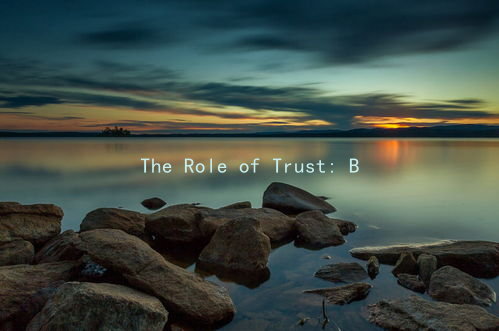Redefining Boundaries: Communication Skills for Future Relationships
In todays ever-evolving landscape of relationships, the way we communicate can significantly impact our romantic connections. As we navigate the intricacies of dating and love, redefining boundaries becomes essential. Effective communication skills not only foster understanding but also help in establishing mutual respect and clarity. Here, we explore some key communication strategies that can strengthen future relationships.
Firstly, active listening is perhaps the most critical component of communication. It involves more than just hearing what your partner says; it requires genuine engagement. This means putting away distractions, maintaining eye contact, and responding thoughtfully. By practicing active listening, you demonstrate that you value your partners perspective, creating a safe environment where both parties feel heard and understood.
Secondly, expressing feelings candidly is crucial. In many relationships, partners hesitate to share their emotions out of fear of vulnerability. However, honest emotional expression fosters intimacy and trust. Utilizing “I” statements can be an effective way to communicate feelings without placing blame. For instance, instead of saying, “You never listen to me,” try “I feel ignored when my thoughts aren’t acknowledged.” This approach encourages constructive dialogue and minimizes defensive reactions.
Setting clear boundaries is also vital for healthy relationships. While love is about connection, it’s equally about respecting individual needs and limits. Communicate your boundaries openly and encourage your partner to do the same. Ask questions like, “What are your limits regarding personal space and time?” This not only clarifies expectations but also shows that you respect your partner’s individuality.

Conflict resolution is another area where communication skills play a fundamental role. Disagreements are inevitable in any relationship, but how you handle them can either strengthen or weaken your bond. Approach conflicts with a mindset of collaboration rather than competition. Use phrases such as, “Let’s find a solution that works for both of us,” to promote teamwork. Acknowledge the other persons feelings, and strive for a resolution that honors both viewpoints.
Additionally, non-verbal communication is an essential aspect that should not be overlooked. Body language, facial expressions, and tone of voice all convey messages beyond words. Being aware of your non-verbal cues and those of your partner can enhance understanding. For example, a gentle touch or a warm smile can convey comfort and affection, while crossed arms may signal defensiveness or disinterest. Paying attention to these cues can help you respond appropriately and foster a supportive environment.
Finally, regular check-ins can be a game-changer for relationship dynamics. Schedule time to talk about your relationship, discussing what’s working and what might need improvement. This proactive strategy not only helps in addressing potential issues before they escalate but also reinforces the commitment to grow together as a couple.
In conclusion, redefining boundaries through effective communication is pivotal in forging lasting and meaningful romantic relationships. By putting active listening, honest expression, boundary-setting, constructive conflict resolution, non-verbal awareness, and regular check-ins into practice, you can create a relationship foundation built on trust, respect, and love. The ability to communicate openly and effectively will not only enhance your personal connections but also equip you to handle the complexities of love in a more fulfilling way.





